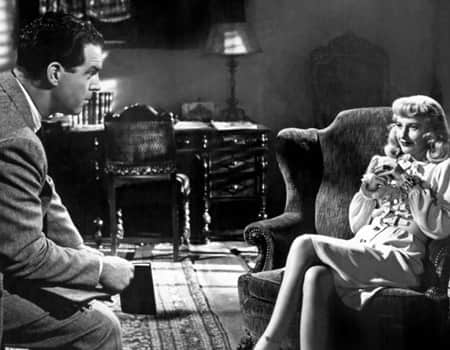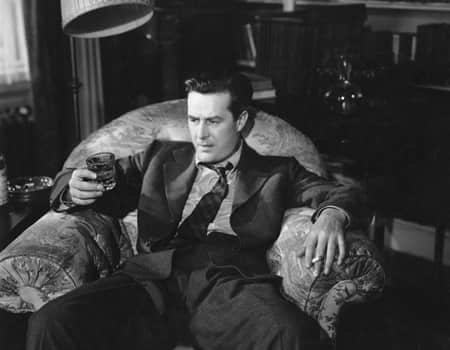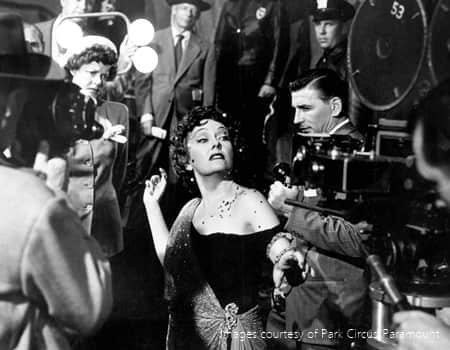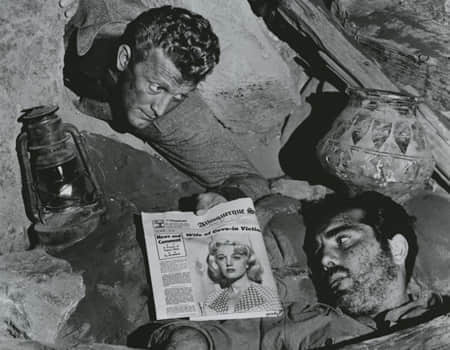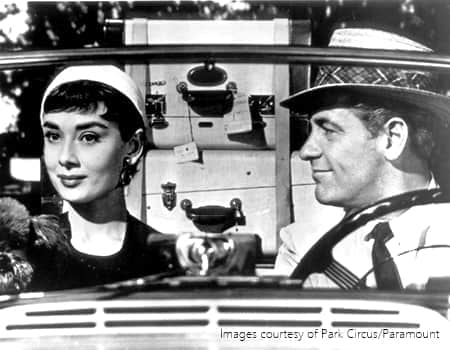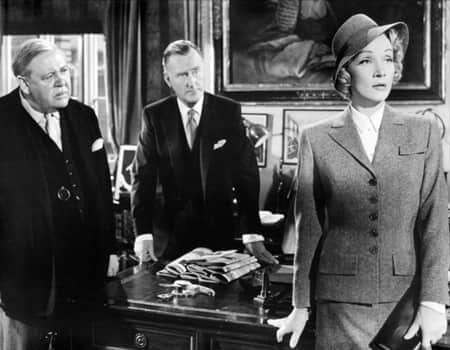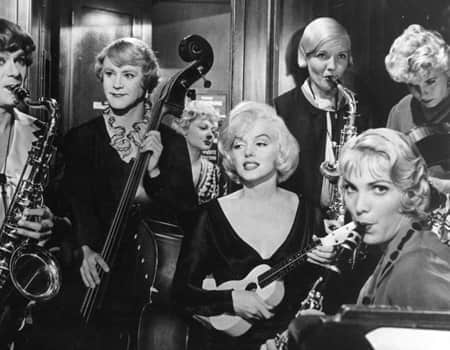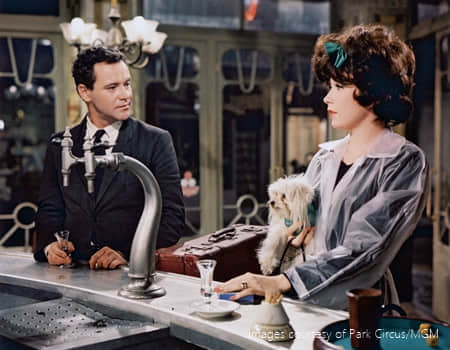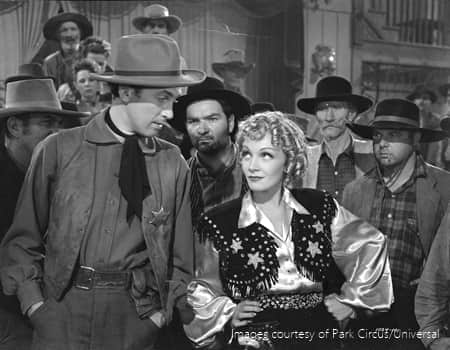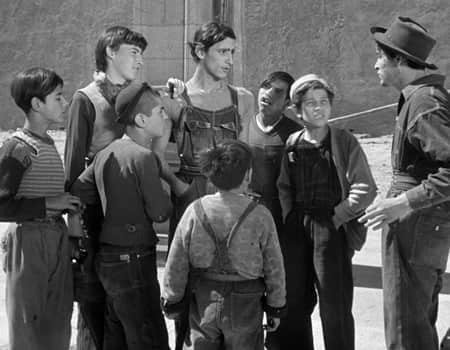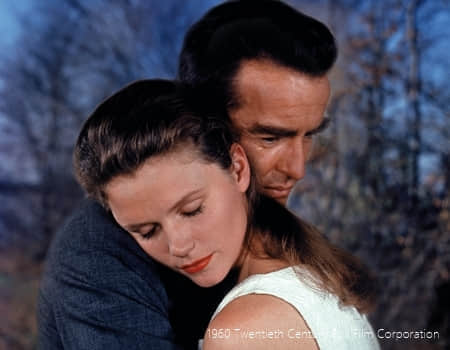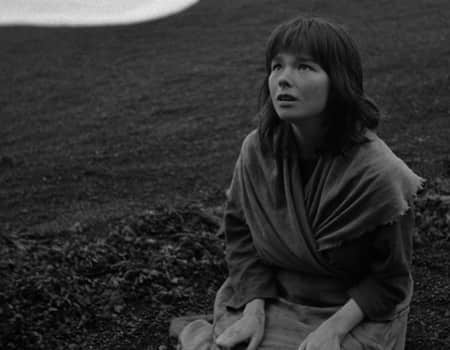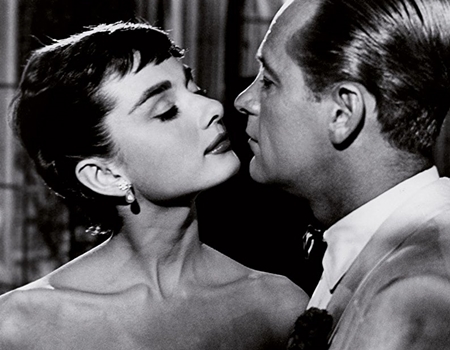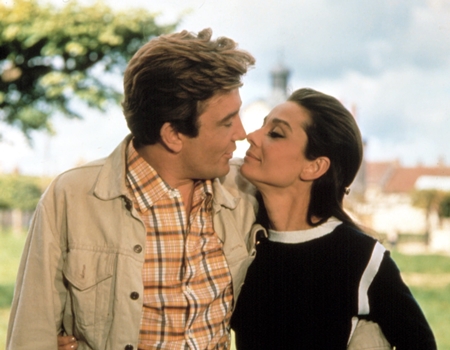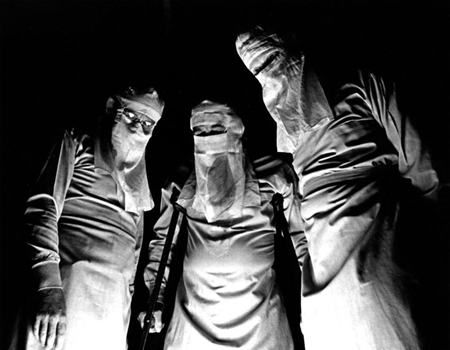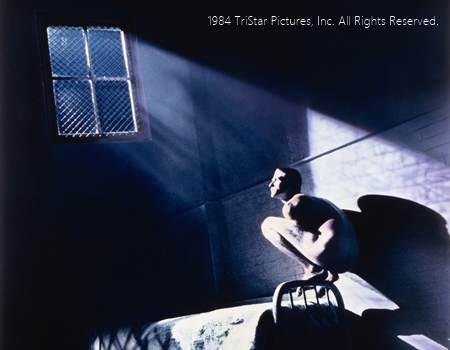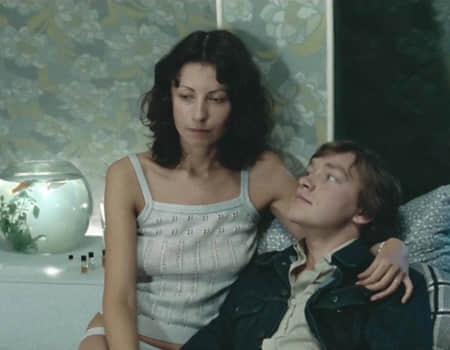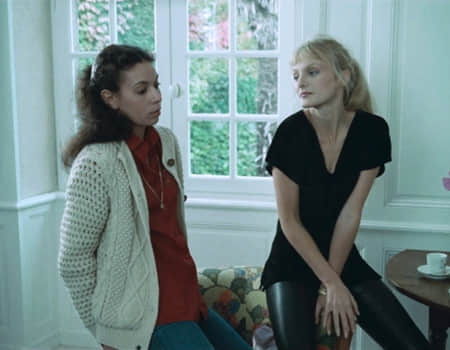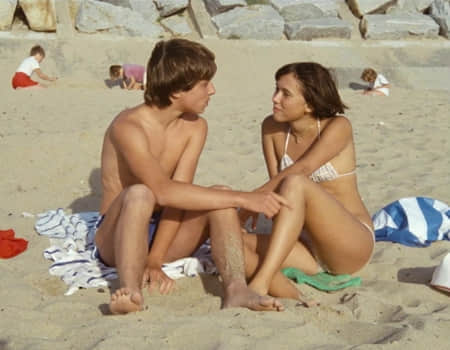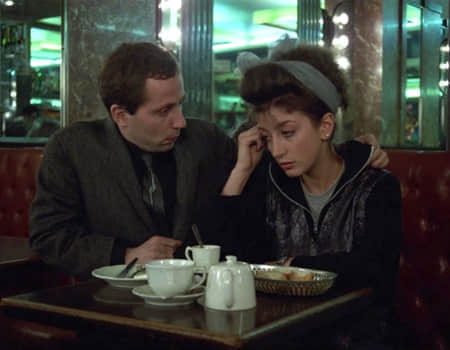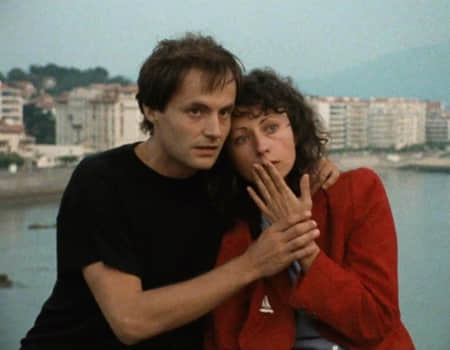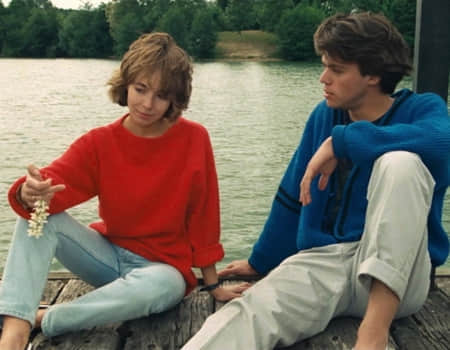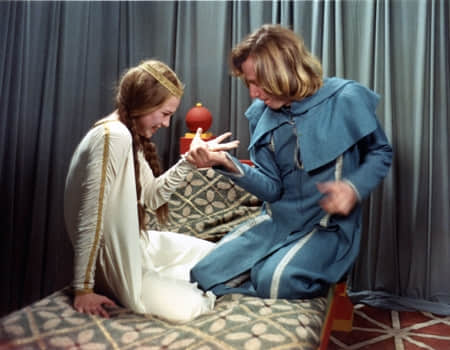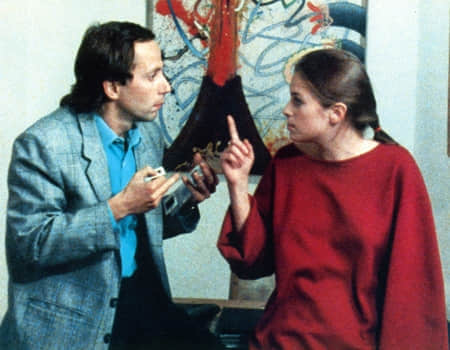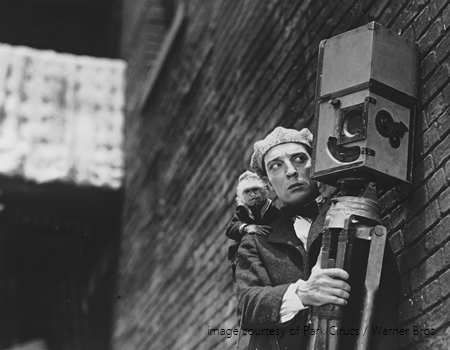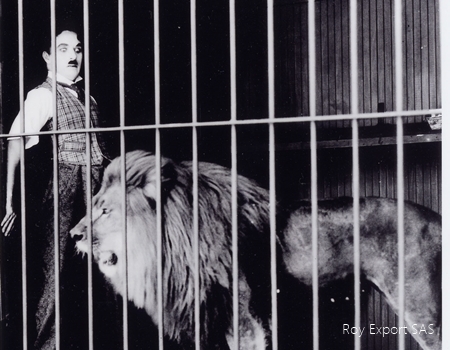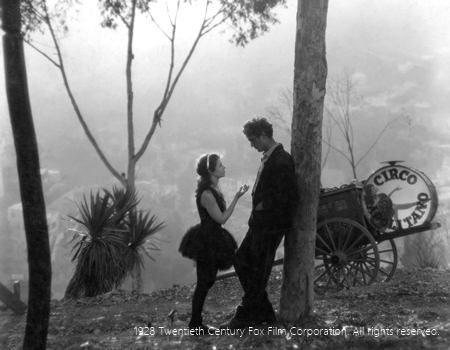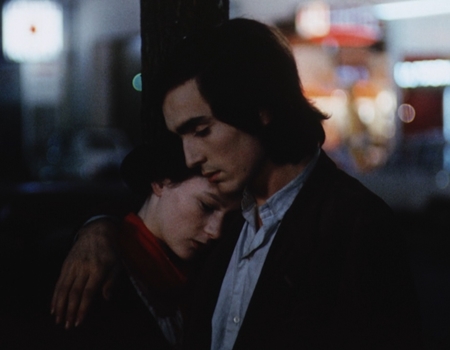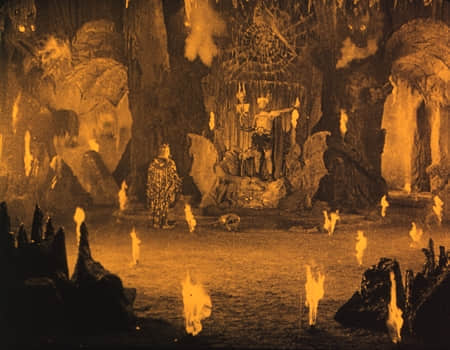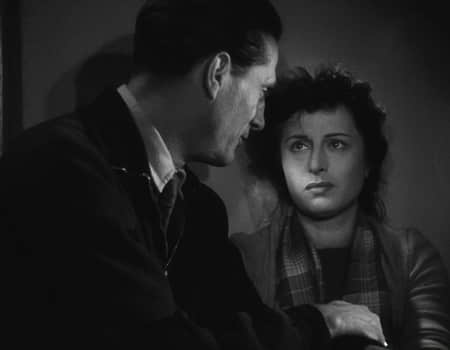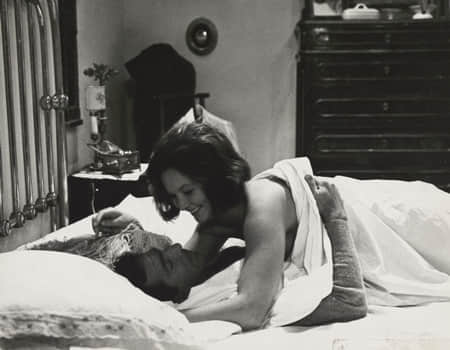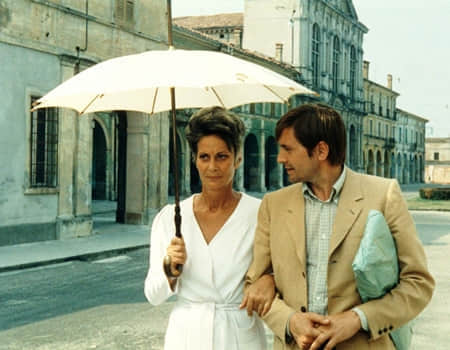2021
The Witty Raconteur, Billy Wilder
When Spanish director Fernando Trueba won the Best Foreign Language Film Oscar in 1993 for Belle Époque, he said in his acceptance speech, “I would like to believe in God in order to thank him. But I just believe in Billy Wilder.” With 21 Oscar nominations over an illustrious filmmaking career that spanned five decades, Billy Wilder (1906-2002) has been a major influence for generations of aspiring filmmakers who want to inherit his immense talent for storytelling and directing actors.
Eschewing a distinctive visual style for tightly crafted stories and strong characters, Wilder was a master storyteller with phenomenal versatility. He pioneered the film noir genre with Double Indemnity (1944), but he also charmed audiences with refined romantic comedies like Sabrina (1954) and tickled them silly with hilarious farces like Some Like It Hot (1959) and Irma La Douce (1963).
Working under the Motion Picture Production Code censorship system for most of his career, Wilder also pushed the envelope and challenged taboos. The Lost Weekend (1945) was the first major American film to tackle alcoholism, considered a sensitive topic under the code. Double Indemnity and The Apartment (1960) also attracted controversy for their depictions of adultery. Some Like It Hot was even released without a Production Code seal of approval because of its sexual humour.
No introduction of Billy Wilder’s career would be complete without mentioning his actors. Known for his ability to change scripts to suit his actors’ strengths, Wilder directed 14 different actors in Oscarnominated performances, including Hollywood legends like Barbara Stanwyck, William Holden and Jack Lemmon, who starred in seven of Wilder’s films.
30th Anniversary of The Film Foundation
Established in 1990 by Martin Scorsese and other leading filmmakers, The Film Foundation is dedicated [...]
Established in 1990 by Martin Scorsese and other leading filmmakers, The Film Foundation is dedicated to protecting and preserving motion picture history. To celebrate its 30th anniversary, HKIFFS collaborates with the foundation to showcase its new restorations of rarely-seen classics, which will regularly feature in our upcoming Cine Fan programmes.
Working in partnership with archives and studios, the foundation has helped to restore classic treasures, and lent its support to many countries through its renowned World Cinema Project. Commencing the special tribute in this issue’s programme are four gems, ranging from Hollywood comedy Western, to Mexican social realism and Icelandic psychological thriller, that reflect the foundation’s mission of championing the rich diversity in world cinema.
George Marshall’s Destry Rides Again and Elia Kazan’s Wild River see Hollywood cinema at its best, breaking the boundary of genre stereotypes. Steering poetic departure from reality in entirely different ways, Spanish master Luis Buñuel’s Los Olvidados reflects juvenile crime in surreal flourishes, while American director Nietzchka Keene’s The Juniper Tree questions latent gynophobia in captivating chill. These timeless works have never lost their fascination, their brilliance continues to inspire and resonate with generations of audiences.
The Golden Age
Back to the Screen
Eric Rohmer’s Comedies and Proverbs
Forever Young. With a remarkably persistent preoccupation with youthful subjects throughout his career, Eric Rohmer’s [...]
Forever Young. With a remarkably persistent preoccupation with youthful subjects throughout his career, Eric Rohmer’s (1920-2010) films have been consistently refreshing, sophisticated, amusing, and ageless. Following the prelude of “Six Moral Tales” in 2019, the French master is again celebrated in this commemorative programme featuring eight of his acclaimed works in the 1980s, reflecting the progressive changes of independent young women who are no longer living under the first-person narration of men.
Continued to be fascinated by the romantic entanglements and emotional adventures of young women even in his 60s, Rohmer’s “Comedies and Proverbs” series brings together six of his best. Beginning with a proverb, each film satirically reflects the paradox of his heroines – either dissatisfied with being single or current relationships; or perplexed about destiny, fidelity or freedom. In whimsical spontaneity, his casually sensuous dramas offer a polyphony of ideas contemplating the intriguing feminine thoughts, interweaving romance with socio-economic differences, while underlining the fluidity of modern life.
Unlike the Cinderella plot of Hollywood, the Rohmerian romantic comedies are fables that are revelatory of the dilemma of love and ambiguities of life. Under the closely observed, highly realist setting, there is a depth of passionate empathy behind his delicate portraits of heroines who form a different philosophy of love – Louise’s indulgence in her own illusion in Full Moon in Paris (1984); Delphine’s stubborn insistence on her fate in The Green Ray (1986); Sabine’s humiliation resulting from her own obsession in A Good Marriage (1982). Often faced with an agony of choice, they try and make sense of their own lives and desires, with no guarantee of a happy ending – and indeed, many of his characters end up in confusion and solitude for holding up their own conviction. Yet, it is this conviction that gives Rohmer’s cinema its transcendental idealism, distinctive vision, and above all, evergreen enchantment.
Restored Classics
Journey Through Italian Cinema: Restorations from Cineteca di Bologna
HKIFFS has entered into a long-term collaboration with Italy’s world-renowned Cineteca di Bologna to promote [...]
HKIFFS has entered into a long-term collaboration with Italy’s world-renowned Cineteca di Bologna to promote film conservation. With a collection of thousands of films in its archive, Cineteca di Bologna is one of the most recognised centres for preserving world cinematic heritage.
Due to present in the 44th edition of HKIFF, some of Cineteca di Bologna’s remarkable collection of restored film classics will now be showcased in this issue’s Cine Fan programme. The four timeless classics in this selection represent the boundless creativity of Italian cinema. From the fascinating silent masterpiece Maciste in Hell by Guido Brignone, who championed pioneering special effects known at the time, to Roberto Rossellini’s Rome, Open City , which spearheaded the revolutionary style of Italian Neorealism, these bold adventures in filmmaking left an enduring influence on generations of aspiring filmmakers.
Inheriting their audacious spirit, Marco Ferreri and Bernardo Bertolucci broke new grounds to articulate their critical social and political commentaries. A biting satire on the matriarchal and religious austerity, The Conjugal Bed nearly put Ferreri behind bars for openly challenging moral conventions. The Spider’s Stratagem , a suspense thriller built around confronting the ambiguity of history, is equally thought-provoking as seen today for its scathing criticism of fascist ideology.
Festival Partner:

